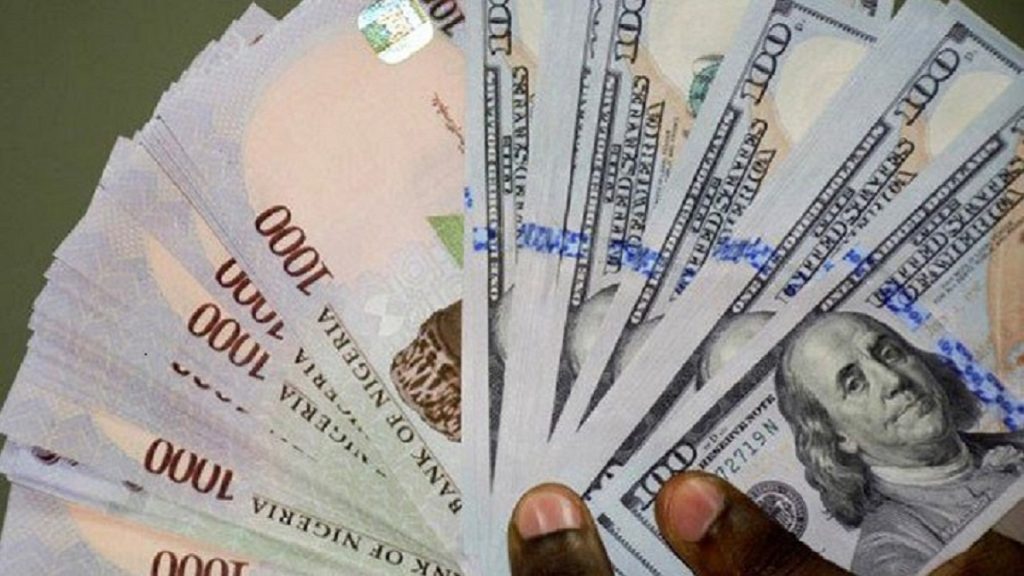The Central Bank of Nigeria reported on Friday that foreign exchange inflows to the country reached $2.3 billion in February, driven by a surge in remittances from overseas and a resurgence of interest from foreign investors.
Africa’s largest economy has been experiencing crippling dollar shortages that have pushed its naira currency to record lows in recent weeks and forced the central bank to devalue the naira twice in less than a year.
According to Hakama Sidi Ali, a spokesman for the Central Bank of Nigeria (CBN), foreign investors purchased at least $1 billion worth of Nigerian assets last month, increasing the total amount of portfolio inflows received to $2.3 billion. That compares with $3.9 billion for the whole of 2023.
CBN data also showed overseas remittances more than quadrupled to $1.3 billion in February, compared with $300 million a month earlier, Sidi Ali said in a statement.
“All the different measures we have taken to boost reserves and create more liquidity in the markets have started to pay off,” CBN Governor Olayemi Cardoso said in the statement.

The CBN is restricting banks’ foreign exchange holdings, prohibiting street trading in foreign exchange, and capping net open positions at 20% of shareholders’ funds as part of its efforts to increase forex liquidity.
The CBN raised its key interest rate by 4 percentage points to 22.75%, the highest level in about 17 years, to rein in skyrocketing inflation. Sidi Ali stated that higher forex inflows have persisted in March, driven by increased investor interest in short-term sovereign debt.
At the CBN’s Open Market Operation auction on March 6 when it sold securities worth 1.053 trillion naira, bids from foreign investors accounted for 79% of the total, or $530 million, Sidi Ali said.


